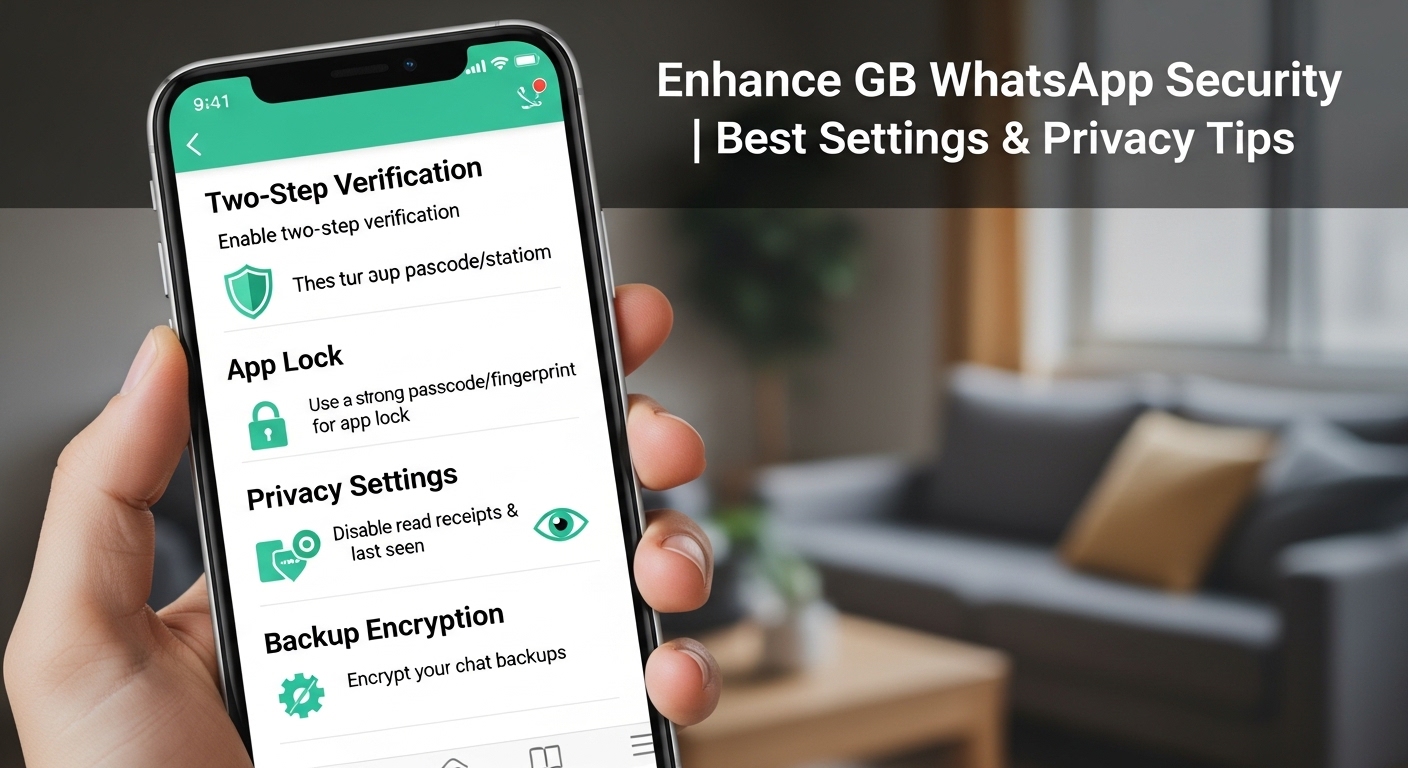Professionals from a wide range of industries come together at Canadian conferences to share ideas, research trends, and form relationships. However, with so many events happening each year, many people wonder: How to choose the right Canadian conference for your professional goals?
Selecting the ideal conference requires matching the event’s focus to your professional requirements. Analyze themes, audience, speakers, and networking opportunities. Consider costs, location, and format to ensure it meets your goals. Research reviews and feedback to determine its relevance and value before making a decision.
Curious to learn more about selecting the perfect event? This article contains all the key details and actionable advice you need. Continue reading to learn how to choose a Canadian conference that will meet your professional goals.
Why is Choosing the Right Canadian Conference Important for Professional Goals?
Selecting the right Canadian conference can significantly impact your professional growth. Conferences serve as a hub for networking, skill enhancement, and staying updated on industry trends. Attending the wrong event, however, could mean wasted time and resources without meaningful outcomes.
The ideal conference aligns with your career objectives. Whether you aim to gain insights into emerging technologies, connect with thought leaders, or showcase your research, a well-chosen event offers a platform that’s specific to your goals. It ensures you are engaging with like-minded professionals and gaining value relevant to your field.
When planning to attend a conference in Canada, consider its reputation, speaker line-up, and audience profile. Canadian conferences are known for their diversity and global perspective, making them a great choice for professionals seeking international exposure. Choosing one that fits your expertise enhances your ability to network effectively and gain actionable insights.
So, the right conference accelerates career advancement. It not only boosts your knowledge but also solidifies your position in the professional community, opening doors to new opportunities.
How to Choose the Right Canadian Conference for Your Professional Goals?
One of the most effective ways to further your career objectives and develop your skills is to choose the best conference in Canada. Each event offers distinctive value, but figuring out how to align it with your objectives is essential. Explore the effective steps below for finding the perfect fit:
Step 1. Clarify Your Professional Goals
Identify the exact outcomes you want from attending a conference to maximize its value. Clearly define goals such as gaining industry insights, building meaningful networks, or mastering specific skills. Precise objectives help you focus on events that match your ambitions, ensuring the time and money spent yield significant benefits.
Step 2. Research Conference Focus Areas
Review the themes, agenda, and topics of potential conferences to determine their relevance to your needs. Examine past editions for speaker profiles, workshops, and trends they cover. Focusing on industry-specific or multidisciplinary conferences can provide insights that directly impact your professional growth and skill set development.
Step 3. Consider the Audience and Networking Opportunities
Look into the attendee demographics to find out who you might meet at the event. Conferences with diverse professionals and industry leaders support valuable collaborations. Knowing the audience helps you prepare for meaningful interactions, whether connecting with peers or exploring mentorship opportunities for ongoing career advancement.
Step 4. Analyze Conference Location and Format
Check whether the event is held in-person or virtually and how the format aligns with your preferences. In-person events can provide interactive learning experiences, while virtual ones are cost-effective and convenient. Think about your schedule and budget to pick a format that offers the best access to insights and opportunities.
Step 5. Assess Value for Investment
Compare the benefits provided with the total cost of attendance, which includes fees, travel, and lodging. Analyze how well the conference aligns with your goals, whether it provides certifications, exposure to key industry trends, or access to potential partners. Invest where tangible returns on knowledge or connections are evident.
Step 6. Review Feedback and Testimonials
Seek out honest reviews from past attendees to gauge the event’s quality and relevance. Testimonials reveal insights about the organizers’ professionalism, the speakers’ expertise, and the networking potential. Learning from others’ experiences helps you avoid wasting time on poorly organized events and focus on valuable ones instead.
Step 7. Align with Your Career Development Stage
Choose events that fit your career level, offering relevant insights or skills to match your progression. Entry-level professionals often benefit from skill-building seminars, while executives might focus on leadership and strategy. Attend a conference that complements your career phase to maximize its impact on your goals.
Step 8. Plan for Post-Conference Action
Consider how you’ll use the knowledge and connections gained from the event. Develop a strategy to apply what you’ve learned, such as implementing new ideas or following up with contacts. Conferences with post-event resources, like recordings or community engagement, enhance long-term value and support your ongoing development.
Selecting the ideal conference requires matching opportunities with specific needs and professional objectives. Taking time to analyze these options carefully ensures you make the most of these rewarding experiences.
What Are the Typical Costs of Attending a Canadian Conference?
In Canada, conferences offer chances for networking, education, and development, but expenses should be considered as well. Knowing these expenses helps attendees make smart plans. To help you plan your event budget, here are some cost details.
Registration Fees
Event organizers typically charge fees for participation, which vary depending on the conference size and scope. Professional associations often offer discounts to members, while early registration might reduce costs. Fees may include access to keynote sessions, workshops, and networking events, making it essential to consider what is included.
Travel Expenses
The conference’s location and your proximity to it determine how much travel will cost. Flights, train tickets, or car travel can add significantly to the budget, especially for out-of-province events. Planning early can help secure better deals, saving money on transport while ensuring timely arrival.
Accommodation Costs
Finding a place to stay during an in-person conference can add another layer of expense. Hotels near the venue often charge premium rates, though some conferences partner with accommodations for special discounts. Booking in advance or opting for budget-friendly alternatives like shared spaces can reduce lodging costs.
Food and Daily Allowances
Meals and snacks are sometimes included in conference packages, but additional dining expenses might arise. Exploring local dining options or purchasing meal plans from the event organizer helps manage this aspect. Consider budgeting for coffee breaks, evening networking dinners, and any other casual meetings.
Additional Costs
Extra costs like printed materials, parking, or local transportation can be added up significantly. Some conferences might charge extra for premium workshops or access to recordings after the event. Keeping an allowance for these smaller items ensures you’re prepared for unexpected needs.
Carefully analyzing the breakdown of conference expenses helps you make informed decisions and maximize your investment. Budgeting effectively and planning ahead can lead to a more rewarding and stress-free experience.
Are There Any Hidden Costs to Attend a Canadian Conference?
Participating in a conference can come with expenses beyond what’s initially clear. Keeping an eye out for extra costs ensures you avoid surprises. Below are some hidden costs you might encounter while attending Canadian conferences.
- Wi-Fi and Connectivity: Some venues charge for reliable internet access, especially for high-speed or secure connections. Make sure you inquire beforehand about internet availability to avoid surprise connectivity expenses.
- Printing and Stationery: If you need printed materials or additional stationery during the conference, on-site services can be costly. Bringing your materials or preparing in advance can help reduce these unexpected costs.
- Tax and Service Charges: Certain taxes, including venue service charges or municipal fees, might be added to your bills. Always check for these additional charges on accommodation, meals, and other services before finalizing payments.
- Clothing and Attire: Dressing appropriately for a conference sometimes involves buying new business or formal attire. Plan ahead to include clothing costs, especially if specific dress codes are required for different events.
- Childcare or Pet Care: For those traveling to a conference, organizing care for children or pets can add unexpected costs. Planning for trustworthy care ensures peace of mind while managing additional budgeting requirements.
- International Transaction Fees: Attendees traveling from abroad may face extra fees for currency conversion or international transactions. Consider using services with lower rates or pre-exchanging currency to minimize these costs effectively.
- Social Event Souvenirs: There may be opportunities to purchase souvenirs related to the event at social events and networking dinners. While these purchases are optional, they can add up quickly if not accounted for during budgeting.
Thinking ahead about hidden costs helps you avoid overspending and ensures a successful conference experience. Planning carefully lets you focus on the valuable opportunities available without the stress of unforeseen expenses.
Essential Tips for Networking Effectively at a Conference in Canada
Taking part in a conference in Canada provides excellent chances to grow your professional network and create lasting connections. Engaging with like-minded individuals and learning new insights can boost your career. Below are a few tips to help you network effectively at your next conference.

Be Prepared with Your Elevator Pitch
An effective elevator pitch is essential for networking. It should clearly communicate who you are, what you do, and why others should connect with you. Keep it concise, around 30-60 seconds, and practice beforehand. A well-prepared pitch makes a strong first impression and starts meaningful conversations.
Focus on Building Real Relationships
Networking isn’t just about collecting business cards. It’s about forming authentic relationships. Listen actively, ask thoughtful questions, and show genuine interest in others’ experiences. By building strong, personal connections, you’ll create lasting professional bonds that go beyond a simple exchange of contact details at the event.
Attend Networking Events and Breaks
Take advantage of the networking sessions provided at conferences, such as mixers or coffee breaks. These events are specifically designed for meeting people and making connections. Approach them with an open mind, ready to engage with new individuals. Casual settings often lead to stronger, more relaxed, and effective networking opportunities.
Use Social Media to Connect
Your networking efforts can be improved by social media. Engage with fellow attendees and speakers by sharing insights, posting highlights, or mentioning interesting conversations you had. Platforms like LinkedIn and Twitter allow you to continue conversations online, reinforcing in-person connections and keeping the conversation flowing after the conference ends.
Follow Up After the Event
A crucial step in strengthening your relationships is following up. Send personalized messages shortly after the event, referring to specific discussions or ideas you shared. This shows you value the interaction and are interested in maintaining the relationship. A simple, thoughtful follow-up can lead to long-term professional opportunities.
Networking is an ongoing process that requires effort and consistency. By using these strategies, you can enhance your conference experience, make meaningful connections, and continue to build professional relationships that provide value beyond the event itself.
End Note
Choosing the right event starts with figuring out your objectives, researching the conference focus, and considering its alignment with your career goals. With this thoughtful approach, you’ll know how to choose the right Canadian conference for your professional goals effectively and confidently.
To make the most of your conference experience, network actively, plan ahead, and follow up with connections after the event. Grab these opportunities with confidence, and best wishes for your professional development as you explore Canada’s rewarding conferences!














